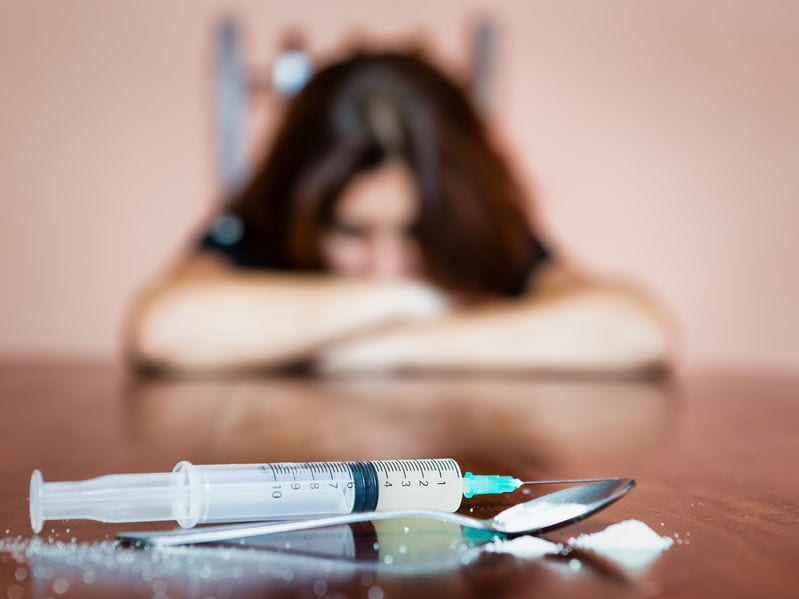 If you’re working with someone in recovery, it’s important to help them stay on the path, and get back on it if they fall off. It’s not uncommon to relapse. Many people don’t stay clean during their first try. That’s why it’s important for those seeking recovery to know how to avoid relapse and what to do if they do relapse.
If you’re working with someone in recovery, it’s important to help them stay on the path, and get back on it if they fall off. It’s not uncommon to relapse. Many people don’t stay clean during their first try. That’s why it’s important for those seeking recovery to know how to avoid relapse and what to do if they do relapse.
Work with your clients in recovery to help them identify any potential triggers that could tempt them into relapsing. There are plenty of things that can trip a person up. It could be people in their lives, different environments, or even smells. Avoiding these people or circumstances can help them stay on the road to recovery. This may mean throwing stuff out, redecorating at home, or even moving, if need be.
Relapse and Recovery:
Avoiding Relapse
Encourage your clients to write down their goals and why they want to stay clean. They should keep this list somewhere they can easily access it for times when they feel tempted to relapse. This list also can come in handy if they do relapse. They can look at it afterwards and remember why it’s important to get back on the path to recovery.
Aiding Recovery
Let your patients know that although you want to encourage them to stay clean, you’ll be there if they relapse. It’s important for them to know they need to reach out for support if they fall off the path. Those who relapse need to know they can reach out to loved ones and professionals for support. They need to lean on someone to help them get back up and stay clean. Let them know they aren’t a failure and help them find the strength to move on.
Relapse and recovery can be an unfortunate part of the journey. Help prepare your clients to find ways to avoid relapse, but also share with them what to do if it should occur. Give your clients the best chance at establishing their ultimate goal of living in recovery.
